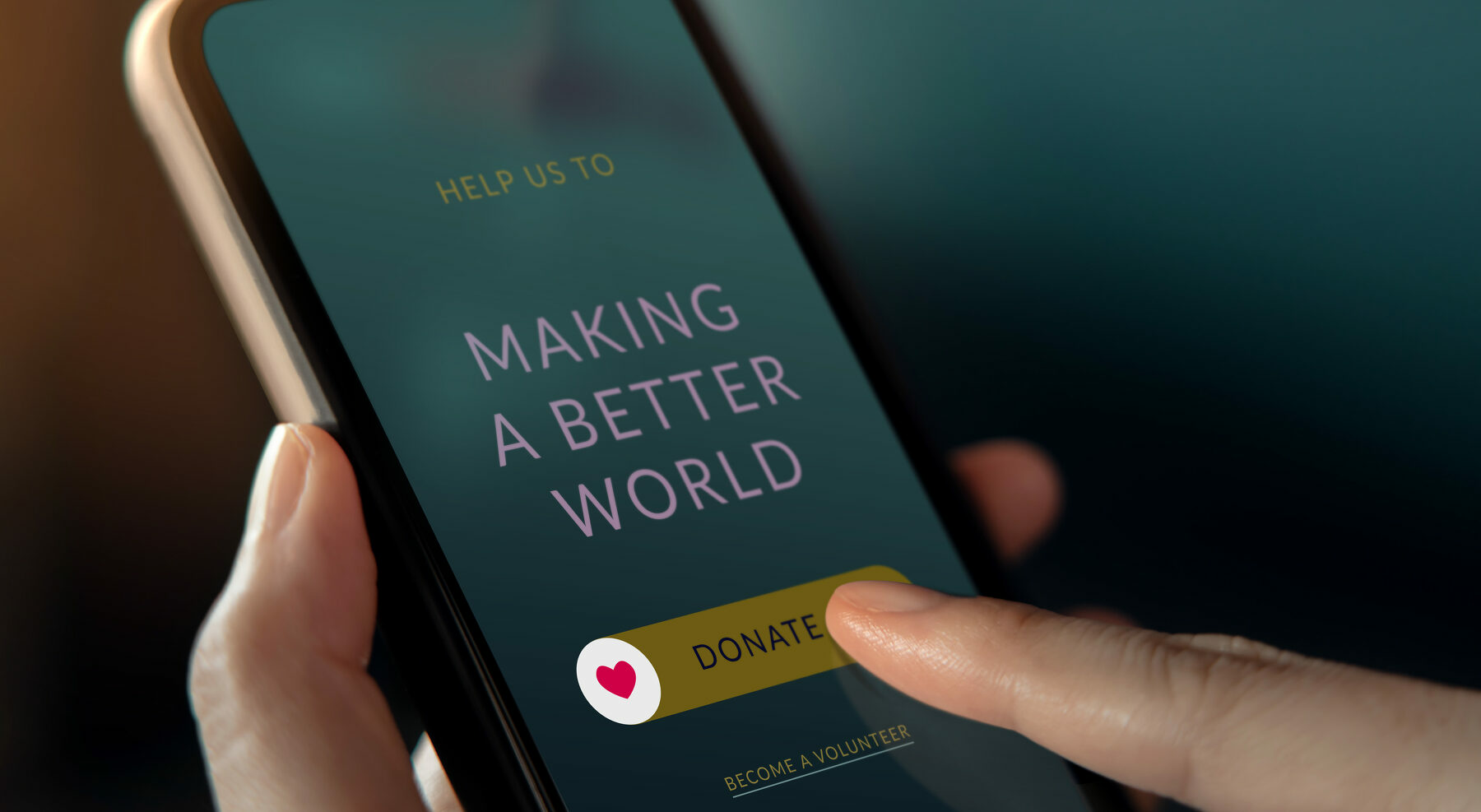
FOS Co-Director Raji Jayaraman and donation platform betterplace.org worked to better understand the online donors supporting disaster relief, humanitarian action, and charitable causes.
When Internet users visit a charitable donation platform like betterplace.org, only 3% of them make donations before scrolling on. That small segment of site visitors is responsible for supporting famine relief, aiding those affected by war, and outfitting rescue boats, among so many other actions that require funds urgently. That 3% figure was just one detail FOS Co-Director Raji Jayaraman and her colleagues were able to articulate by examining the data they observed in the behaviour of betterplace.org’s donor community in a year-long experiment.
“I think the academic world typically moves slower than organisations like betterplace.org. They have to wait for papers to be published and for projects to be accepted. It’s just a different pace than that of nonresearch-based organisations. When you are able to align, because your project is not time-critical and both sides have the time to adapt, a partnership like this is amazing! It offers an organisation a glimpse into a very different, and interesting, world that can help the organisation tremendously.”
– Eva Schreyer, Partnership Co-Director and Lead Data Analyst, betterplace.org
In the experiment on the platform, the partners wanted to better understand how default donation amounts influence donors in terms of how much they choose to give. Does a suggested donation of 1 Euro influence donors to give more or less than the default amount? What about 10 Euro? What about 50 Euro?
In parallel, the researchers created percentage defaults for co-donations. These co-donations, also known as tips, are the funds donors give on top of their charitable donations to support the platform itself.
According to Jayaraman, going into the experiment, the belief that “defaults matter” in charitable giving was already common in economics, and some literature supported that view. There was a need to discover how much defaults do or don’t matter in the context of online charitable giving. Through this experiment on betterplace.org, the partners gained an understanding that has informed best practices for setting default donation amounts moving forward.
“When I took on the project with Raji, I didn’t imagine she would be so genuinely interested in helping our organization to grow and thrive. She was always thinking about new ways to support the organization and my role, and was an amazing sparring partner whenever I had questions.”
– Eva Schreyer, Partnership Co-Director and Lead Data Analyst, betterplace.org
Partnership Leads
-
Rajshri (Raji) Jayaraman, Partnership Co-Director
ESMT Berlin and University of Toronto
-
Eva Schreyer, Partnership Co-Director
betterplace.org
Additional Researchers
-
Steffen Altmann
University of Hohenheim
-
Armin Falk
University of Bonn
-
Paul Heidhues
Henrich-Heine University
-
Marrit Teirlinck
ESMT Berlin and Humboldt University




